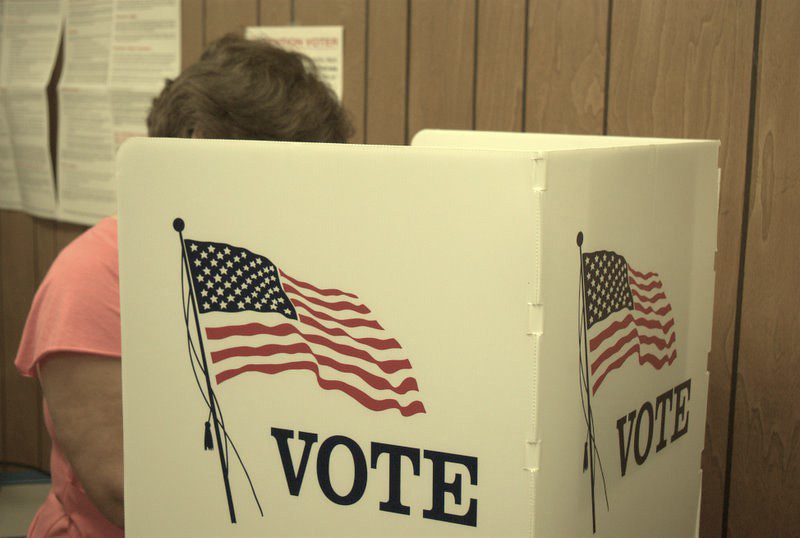

By: Michael Achterling
A resolution to change North Dakota’s term limits law failed in the House on a narrow 46-43 vote Tuesday, but could be reconsidered on Wednesday after five people were absent during the vote.
The resolution received a majority of the votes in the chamber, but failed to cross the elected majority threshold of 48 votes to be passed.
Senate Resolution 4008, sponsored by Sen. Michael Dwyer, R-Bismarck, would allow lawmakers to serve four complete terms, a total of 16 years, in either chamber of the Legislature. It also clarifies a partial term of a lawmaker would not count against the term limit.
North Dakota voters in 2022 passed a measure that put term limits for state legislators into the North Dakota Constitution. Lawmakers are now limited to serving up to eight years in the House and up to eight years in the Senate.
On Monday, the House Government and Veterans Affairs Committee gave the resolution a do not pass recommendation on an 8-5 vote.
Rep. Lori VanWinkle, R-Minot, urged lawmakers to reject the resolution.
“I don’t know how we’re going to justify overrunning the will of the people,” VanWinkle said. “The power reserved to changing term limits is reserved to the initiative process.”
Rep. Steve Vetter, R-Grand Forks, said all the measure does is keep lawmakers in the same chamber without needing to change chambers after eight years.
“The senators don’t want to become representatives,” Vetter said. “That’s really what this bill is because that’s all it does.”
Rep. Bernie Satrom, R-Jamestown, said he’s spoken with people who believed they were signing a petition and voting on term limits for members of the U.S. Congress in 2022, not the state Legislature.
“I think there’s a question on whether this was the will of the people,” Satrom said. “There was questions about many of the signatures. There was questions about how it was advertised and promoted … We shouldn’t be afraid to put this before the people.”
The resolution passed the Senate in March on a 24-23 vote.
If reconsidered and passed by the House, the resolution would be put to the voters during the 2026 general election.
Another term limit bill, House Bill 1300, passed the Senate on March 28, however the bill was amended and would need to be approved by committee chairs in the House or go to a conference committee between the chambers.
The amended House Bill 1300 clarifies the start date of the legislative term limits to begin with lawmakers elected after Jan. 1, 2023.